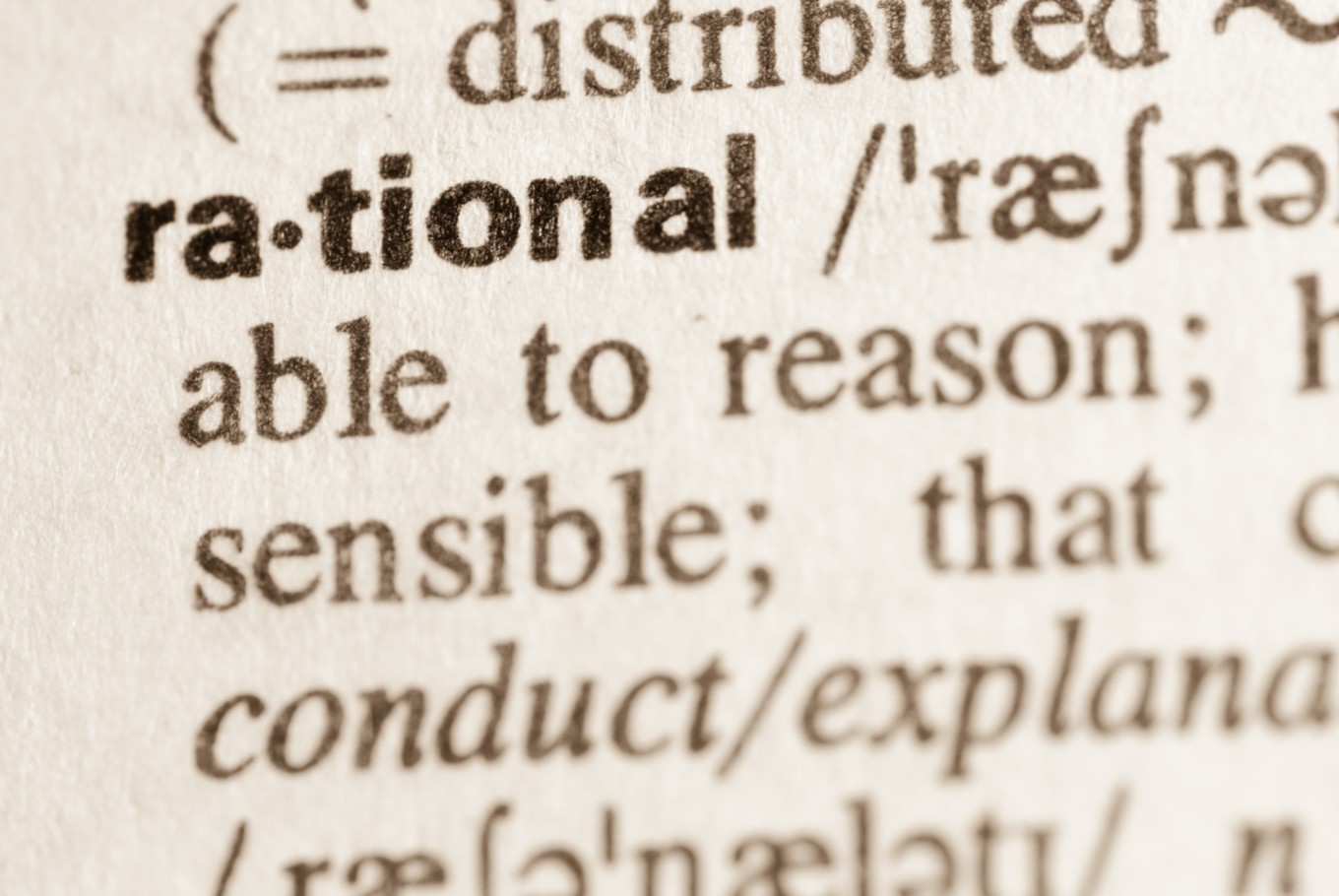Popular Reads
Top Results
Can't find what you're looking for?
View all search resultsPopular Reads
Top Results
Can't find what you're looking for?
View all search resultsEssay: The banality of rationalism
The term emanates from the philosophical outlook that regards every fundamental aspect of human life as residing in intellectu, constituting the dominion of rationalism.
Change text size
Gift Premium Articles
to Anyone
T
he legacy of the Enlightenment — which extols the appeal to reasoning — seems to survive the test of time, as evidenced by the recent pronouncement of the importance of High Order Thinking Skills (HOTS).
As its name suggest, the term emanates from the philosophical outlook that regards every fundamental aspect of human life as residing in intellectu, constituting the dominion of rationalism.
Observe, for example, what is happening right now in education. From the policymaking process, curriculum and teaching material design, to classroom implementation and the national exam system, the notion of HOTS has been fervently used as the buzzword du jour, fashioning the country’s recent education landscape.
It is only recently that HOTS have been used as a vital construct for formulating the questions for the national exam, whose current objective is to ask students to analyze, evaluate and provide solutions to the problem. This, as Education and Culture Minister Muhadjir Effendi contends, can not only instill critical thinking into students, but can also shape their character building (The Jakarta Post, April 16).
The angst-ridden exam the students took months ago, however, was marred by student outcry, as the level of difficulty of the questions was beyond their current competence. Furthermore, students lamented that what was being asked in the questions was never taught beforehand by their teachers. This left students anxious over the grades they received from the exam.
One may again wonder why such a high-stakes exam, which determines the fates of students nationwide, is held without taking into account both psychological and social factors of the millions of test takers who are spread across diverse regions in the country, for the sake of adhering to the internationally approved education reform called High Order Thinking Skills.
It seems the materials of the exam were prepared or administered not to genuinely obtain inferences about students’ educational achievements, but instead as a means of experimenting with or testing the efficacy of HOTS.
To implement the Western imported concept of HOTS in the country’s educational policy in general, and in the exam system in particular, without a clear empirical scrutiny of its effectiveness clearly amounts to extolling it as a dogma. It is prudent for all of us to know that such a concept by no means reflects an intellectual revolution in the education system in the country, let alone offers a panacea for the betterment of national education from this purported revolutionary concept.
Under the parlance of testing as a field of inquiry, the test or exam can only be claimed to be valid, provided that it measures what it is supposed to measure, nothing else. In other words, test materials were representatively selected versions of the materials taught in class, and in accord with the learning objectives set at the outset of the instruction.
Yet, the fact that most students complained that the test materials were not those they had ever learnt during the tryouts in schools renders the test invalid, and therefore cannot be used as a parameter to make any important decisions regarding the students’ academic life.
The trouble with the concept of HOTS in its relation to the national exam is that the concept is too reductive and deterministic: it makes a sweeping generalization toward students’ learning traditions and their individual preferred learning styles. Also, it is too rationalistic and mentalistic in its orientation, and as such exercises more cognitive control, which in the end creates a false dichotomy of critical and uncritical thinking, or critical and uncritical students.
Could the students who failed in answering the questions in the national exam be classified as uncritical simply because they were unable to analyze, evaluate and provide solutions to the problems the typical cognitive styles demanded by HOTS?
It is obviously unrealistic to assign students with this high-order mental activity and then to label them uncritical for their poor test performance, given the very limited time they had during the exam and other factors that could have affected their performance negatively, such as unfamiliarity with operating a computer and power outages.
We need to be mindful that students may come from a learning tradition or institution where the much-extolled jargon of HOTS is culturally alien to them, and therefore uncongenial for them to be introduced and implemented in the country’s educational policy.
Thus, because HOTS as a conceptual notion is mentalistic by its very nature, it leads students nowhere except to cognitive understanding. In essence, the notion is neither a social nor a cultural construct, but a construct that is exclusively reserved for the cognitive domain.
It is clear that instilling critical thinking and positive character-building into students should not be reductively done by simply rolling out the idea of employing HOTS as an educational construct, be it in the national exam or in other strategic educational policies, but by encouraging them to engage in dialogic thinking which allows the inclusion of their own perspectives and learning traditions. It is this socially-grounded perspective that helps shape the students’ critical thinking and positive character-building.
***
The writer teaches at the graduate school of applied English linguistics, Atma Jaya Catholic University. He can be contacted throughsetiono.sugiharto@gmail.com.











